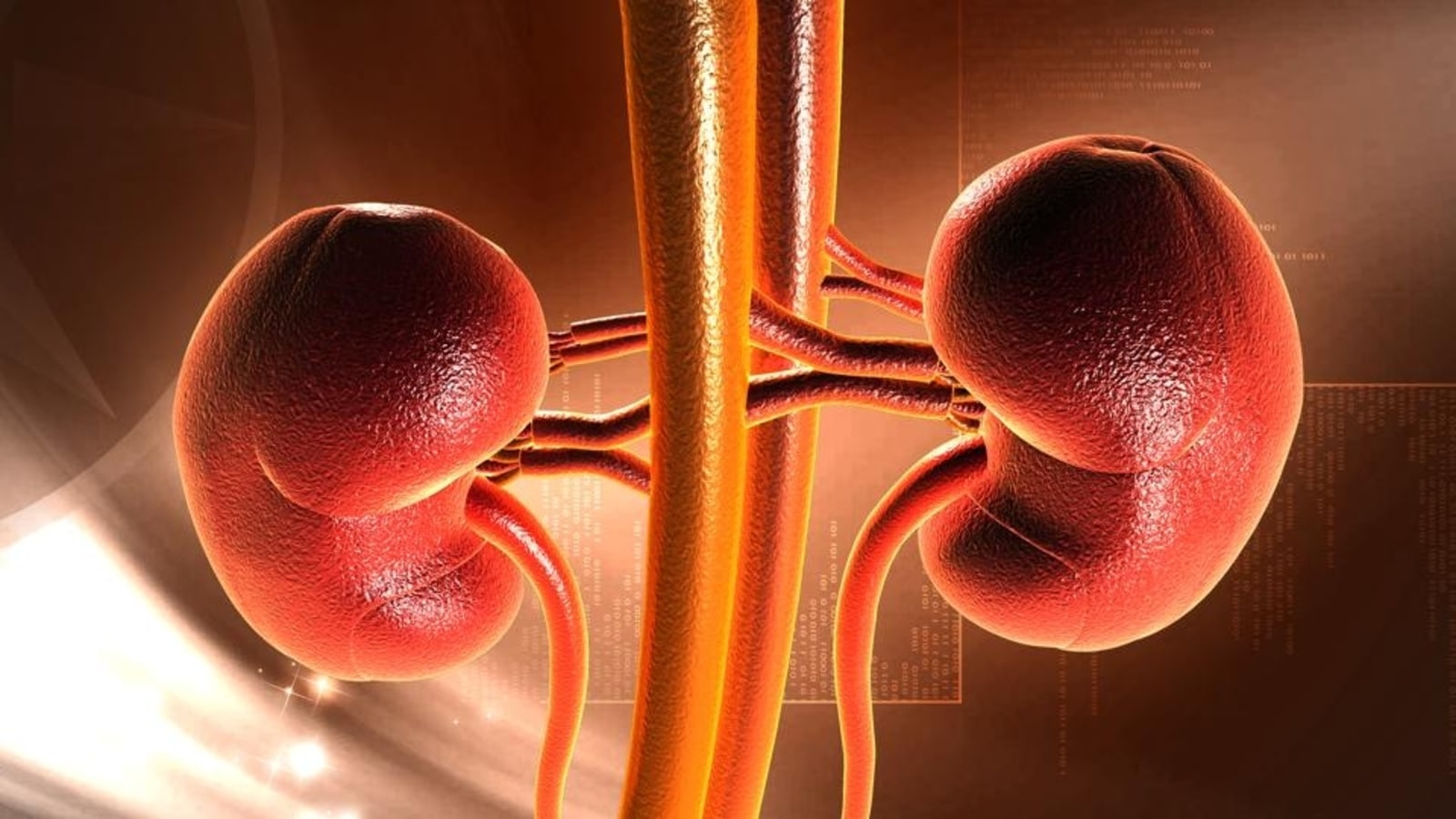Kidney is a crucial organ that helps in removing toxins from the blood. It helps in producing urine and controlling the blood pressure. It helps in balancing salts and electrolytes in the body and assisting formation of red blood cells.
But can a person survive with one kidney? In an interview with HT lifestyle, Dr Vikas Agarwal, director and HOD-Robotic Urology, Kidney Transplant, Uro Oncology, Aakash Healthcare, New Delhi, said, “Of all the organs, the demand for kidney donation is the highest. A living donor can donate one kidney to someone and function well for the rest of their lives. A person can live a normal healthy life with a single kidney.

Normally, while some prefer to donate their organs like a kidney after death, however, you can do so while one is alive.” ALSO READ: Kidney cancer: 7 lifestyle mistakes that are damaging your kidneys, putting you at risk of cancer What is a living kidney transplant? Living kidney transplant is one where one of the kidneys is removed from a healthy donor and transplanted into the recipient. Most people living with one kidney - whether by birth or after undergoing a kidney transplant - are able to live long and healthy lives.
ALSO READ: Could awake kidney transplants become the new standard in surgery? Here's all you need to know Factors to take into consideration: “The only factor which really matters is if the patient is having diabetes or hypertension, or he or she is taking any painkiller or any other toxic injury to the kidney that can damage his or her kidney which can impair their life. Otherwise, a person can do whatever he can do with the single kidney or with both the kidney and there is no difference in the life and the survival of the patient. However, it is important to follow a healthy lifestyle and undergo regular medical checkups to monitor kidney health,” explained Dr Vikas Agarwal.
The Urologist further urged people to take part in kidney donations, as kidney transplants can save about 150,000 people in India. ALSO READ: World Kidney Day: An expert answers 9 common FAQs for your kidneys’ sake Disclaimer: This article is for informational purposes only and not a substitute for professional medical advice. Always seek the advice of your doctor with any questions about a medical condition.
.



















